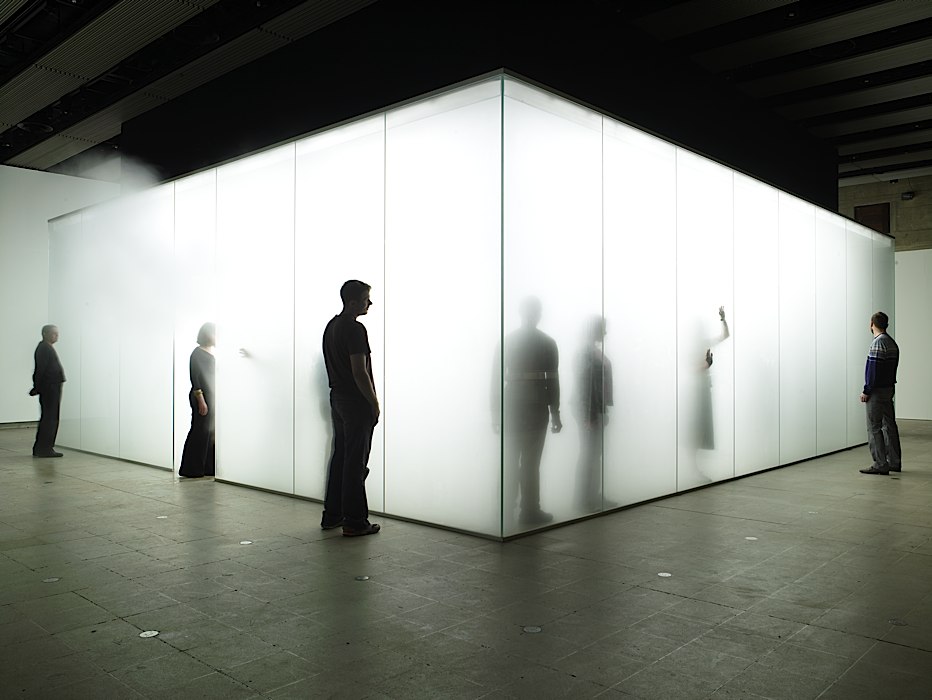Antony Gormley
By
Hazel Speed
It was inevitable that with modern technology progressing and being all-pervasive, we have now reached the need to protect ourselves in every interaction.
Apparently, since the Police trial of wearing film recording devices when on duty, and the public being aware, or told of same, there have been 93% fewer complaints against the Police which, in itself, is a terrible indictment of what must have occurred previously to generate such a high volume.
Therefore is it time, in order to protect ourselves, that we equally should have voice activated audio/visual in our homes, within our phone systems, and on our person?
Sadly, that may well be the case.
How often do we hear when calling ‘officialdom’ on the phone that calls ‘may’ be recorded, only to be told later, if relying on that fact, that guess what, ‘your call wasn’t recorded’. This is a bluff and counter bluff option – it is always advisable to ask if they do definitely record calls (though you need proof of what you are told too). What one person may say to us at any time or on a particular day, might not be confirmed by a colleague regarding the same another day when one may call back and ask the same question. That is before we get to the actual content of the conversation itself!
Legally, a verbal warning (or written one too in some circumstances) is required if someone is relying on ‘legal’ proof, i.e. any audio and/or video recordings to later be admissible in a Court if necessary.
The current phrase is that something is, or may be recorded for “evidential” purposes, therefore if you proceed with this call (or notice on front door re anyone entering one’s home, etc) it will be taken that you accede to the same, otherwise please end this call by hanging up now’ (or do not enter this property/or have any conversation on this land).
(Caveat – Of course it is best to check beforehand as I am not a solicitor so there may be variations on a theme).
In recent articles published by Tuck Magazine, I have strongly recommended that hospitals adopt a similar system in all interactions with patients to protect everyone, and that when the Patient leaves the hospital (having been an ‘In-patient’, or attending an appointment/A and E Department), they are given a disk or memory stick and the hospital retains the same record on their systems.
In other words, every time a nurse, doctor, specialist, food assistant, cleaner (anyone) speaks to/with a patient there is an audio/video record of what is said including times that medications are given and what the medications comprise of. Obviously, for those who require privacy at any time to discuss something they consider private, that point also should be stated ‘on record’ and thereafter the system switched off temporarily, then switched on again indicating time etc.
This way unions need not be involved in disputes if a medical professional is not providing a service at the required standard and the truth of any situation can be verified.
That said, there remains a gap in the market to commercially provide telephone and in-home/personal recording systems.
It is just a question of time.
If it can be proved that such complaints of contentious encounters with the Police have been vastly reduced, just think how we would benefit with similar systems in other areas of life.
After all, if CCTV is looking at us in streets, shops and certain areas in offices and hospitals, drones at night monitoring us, our emails checked and phone calls listened to, shouldn’t we be listening, recording and looking back!
Hazel Speed
Photo (c) Hazel Speed – used by kind permision to Tuck Magazine



No Comments Yet!
You can be first to comment this post!